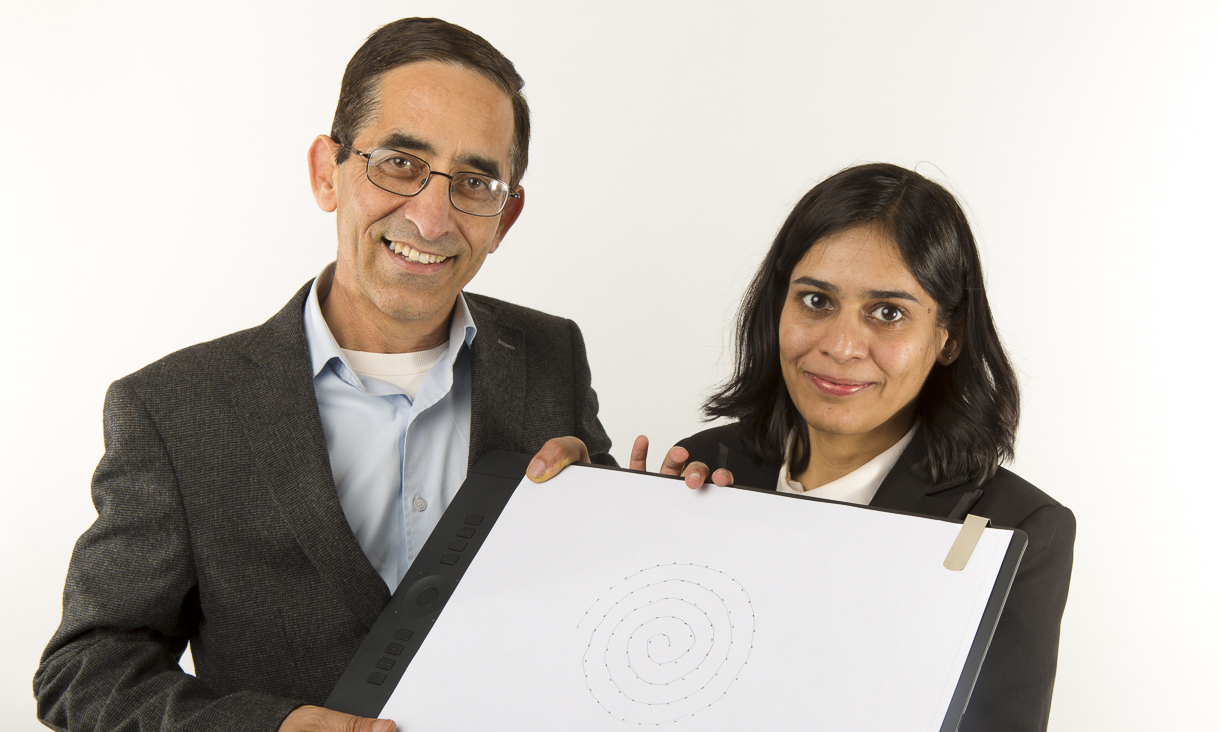A registered psychologist and sleep disorder specialist, Jackson has researched extensively on the consequences of sleep disturbance on cognition, mood and neural function.
She will be joined by experts from the field to discuss the latest research into sleep disturbance disorders, such as obstructive sleep apnoea (OSA), on the brain and cognitive functioning.
What do we know about the connection between sleep and brain health?
We’re beginning to understand the important role sleep plays in restoring the brain, from improving memory consolidation to clearing away toxic metabolites that accumulate during the day. One such metabolite, amyloid, has been linked to Alzheimer's disease.
If we have disrupted sleep, or reduced deep sleep, this can impact on these processes and lead to a higher risk of developing cognitive impairment and possibly dementia.
You have been looking specifically at sleep apnoea, what have you found?
There is accumulating evidence that OSA, which affects up to 34% of men and 17% of women between 30-70 years of age, contributes to cognitive decline and is a risk factor for Alzheimer’s Disease.
Is there good news?
There is growing evidence to suggest that good quality sleep, and proper treatment of sleep disorders such as OSA, can reduce the dips in oxygen levels.
This is a critical factor in slowing down the accumulation of amyloid in the brain, the presence of which is linked to cognitive impairment and heightened risk of developing Alzheimer’s Disease, although more research is needed to support this.
Will the symposium lead to future collaborations?
We hope so. The industry session includes people from hospitals, the aged care sector and companies developing technology to detect cognitive impairment through eye tracking.
We’re also excited to be welcoming Dr Ricardo Osorio, from New York University's Sleep, Aging and Memory lab. Hopefully the day helps strengthen cross-sector relationships with colleagues from around the world.
The Sleep and Brain Health Symposium is being hosted at RMIT’s Bundoora campus on Tuesday 23 October. Register to attend.
Story: Grace Taylor



.jpg)
